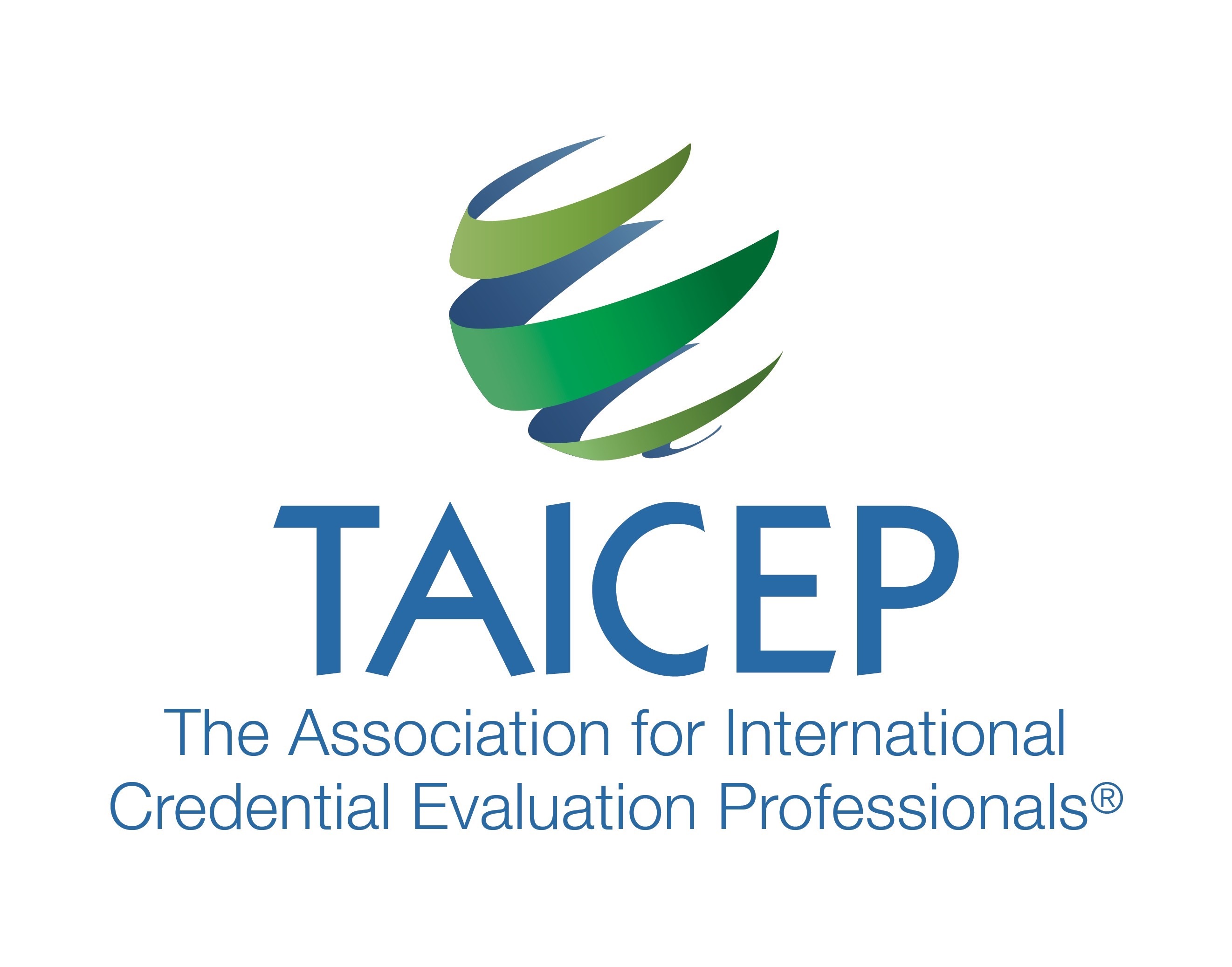Credential Evaluation Professionals: Definition, Ethics, and Importance
Definition and Responsibilities of a Credential Evaluation Professional
A credential evaluation professional is an individual who is involved with the assessment and/or recognition of international educational credentials. The evaluations provided by credential evaluation professionals assist educational institutions, regulatory bodies, assessment agencies, employers, government authorities, and others in appropriately recognizing international education. The responsibilities of a credential evaluation professional:
- Promote fair, credible, standardized methods for evaluation.
- Collaborate to encourage consistency and to facilitate the portability of evaluations at the regional, national, and global levels
- Ascribe to the Statement of Ethics
- Encourage equitable access to services and transparency of the process.
Statement of Ethics for a Credential Evaluation Professional
Academic documents may confer certain rights on the holder or confirm the acquisition of skills and knowledge. They can afford the benefits of both a status and monetary nature. For that reason, credential evaluation professionals must adhere to a strict code of ethics.
A credential evaluation professional will:
- Provide the highest level of service and not discriminate on any grounds such as the applicant’s gender, race, color, disability, language, religion, sexual orientation, political or other opinion; national, ethnic or social origin; association with a national minority, property, birth or other status; or on the grounds of any other circumstance not related to the merits of the qualification for which recognition is sought.
- Distinguish between personal convictions and professional duties and not allow personal beliefs to interfere with the fair and accurate evaluation of credentials.
- Ensure fairness and transparency in all aspects of the assessment process.
- Ensure that evaluation decisions are consistent, unbiased, based on appropriate information (taking into consideration institution, organizational, or governmental regulations and/or policies, as applicable), and not influenced by the pursuit of revenue or profit.
- Strive for excellence in the profession by maintaining and enhancing knowledge and skills, encouraging the professional development of colleagues, and fostering the aspirations of potential profession members.
- Act to preserve the integrity and credibility of the credential evaluation profession by avoiding affiliation with diploma, accreditation, or credential evaluation mills*.
- Disengage from providing credential evaluation services to diploma mills and accreditation mills. This includes, but is not limited to, evaluation of documents, formal partnerships, promotional or financial involvement, or any action that may confer legitimacy or credibility upon such entities.
Importance of Credential Evaluation Assessments by Professionals
The value of credential evaluation assessments completed by trained professionals should not be understated. For example, as evidenced in a 2023 Swedish Council of Higher Education report, “The Council’s study shows that recognition statements of foreign qualifications contribute to integration in the labor market, to an individual sense of belonging and the future supply of skills.” The full report may be found here Swedish Council Report.
Compliance and Consequences of Violation of the Statement of Ethics
All TAICEP members are required to comply with the statement of ethics. Violation of it by any Member—individual or organizational—constitutes a breach of TAICEP’s Statement of Ethics and may result in disciplinary measures, including:
- Written warning or public censure;
- Suspension or revocation of individual or organizational membership and associated benefits.
*Diploma, Accreditation, and Credential Evaluation Mills
TAICEP adopts the official definitions stated in the Council of Europe’s Recommendation of the Committee of Ministers to member States on countering education fraud.
An “accreditation mill” is an institution or organization (in any legal form) that is neither recognized by national competent authorities nor authorized by the law of any member State to provide accreditation for education programs or awards and which intends to mislead employers, students, or the public.
A “diploma mill” (also known as a “degree mill”) is an institution or organization which national competent authorities or organizations do not recognize as an institution accredited or authorized by the law of any member State to confer awards or qualifications, and which purports, using misrepresentation, to issue such awards or qualifications.
“National competent authorities” are organizations that have the legally delegated or invested authority, or power to perform a designated function, normally monitoring compliance with the national statutes and regulations (https://toolbox.eupati.eu/glossary/national-competent-authority/).
Full definitions for the above terms can be found in the Glossary of Terms Related to Ethics and Integrity in Education, published by ETINED, Council of Europe Platform on Ethics, Transparency and Integrity in Education. (URL: https://rm.coe.int/prems-001324-gbr-2512-etined-vol-8-9476-web-16×24/1680afbf85)
Additionally, TAICEP defines a credential evaluation mill as the following,
A “credential evaluation mill” is an entity (organization, company, association) that evaluates foreign qualifications and periods of study (academic, vocational, postsecondary) from substandard, unrecognised, or accredited providers of education as equivalent to qualifications awarded by nationally or in any other way recognized universities, university colleges in the country operation.
Updated: June 9, 2025
